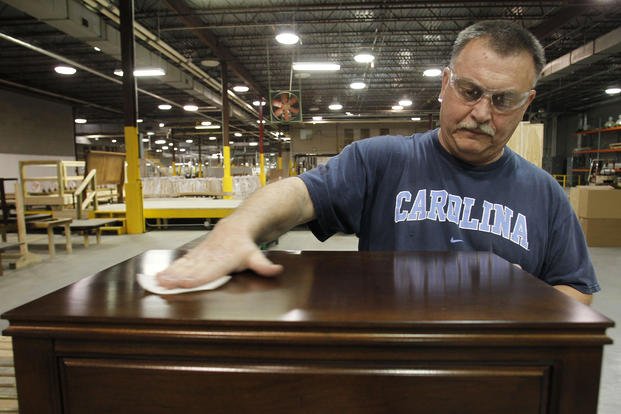I am a classically trained recruiter, and this is my confession. Programmed into my brain since starting my career was the idea the unemployed are low hanging fruit, and probably rotten since they were not picked for employment sooner. If I wanted top talent and a hefty bonus at the end of the year, I had better go after the currently employed who are high on the potential list for promotion.
Only as a last resort would we consider hiring the unemployed. This was limited to the recently unemployed who were aggressively looking, and who met our criteria for job stability. The rule of thumb was no more than two jobs in five years or three jobs in 10. We eventually discarded this rule since the people who could meet these criteria were becoming extinct.
Starting in the mid- to late 1990s, and due largely to the massive layoffs during that time, employers slowly began to soften their harsh opinions about the long-term unemployed. However, any jobless person with a defeated attitude and desperate personality was off limits. We left those undesirables for our competitors to hire. From our closely guarded point of view, if no one else was willing to hire the misfortunate, why should we?
Since the start of the current recession in 2007, employers have become increasingly sensitive to the plight of the long-term unemployed. Their awakening is due to the realization millions of jobless are still consumers, and they do not want to jeopardize sales by appearing uncaring. Their newfound sensitivity, however, has not translated into hiring the longer-term unemployed, discontinuing layoffs or job eliminations.
This brings us to 2011, and the government's expectation that U.S. employers should play a role in turning the economy around by creating new jobs. With sufficient tax incentives, employers will create new jobs, but this does not guarantee they will fill those jobs with the long-term unemployed, which now include half of all jobless Americans.
For anyone who thinks U.S. employers have outgrown their unfair criticisms of the unemployed, think again. UCLA researchers Geoffrey Ho and Margaret Shih recently published a working paper indicating employers are still biased against hiring the jobless.
Interviewers assume the unemployed are unqualified and therefore deserving of their misfortune. This stigma can be so strong that it overrides any objective data, suggesting the best qualifications are insignificant if interviewees are jobless.
This research confirms two old adages:
- You are better off searching for jobs when you have one.
- A leopard cannot change its spots.
Employers still evaluate recruiters on their ability to attract top talent, which still includes the currently employed and, as a last resort, the short-term unemployed. The long-term unemployed are so far down the totem pole, all they are likely to find are the leftovers.
There are exceptions. In this case, it would be the most resilient among the long-term unemployed who are still upbeat and able to convince interviewers their misfortune and undesirability are not due to their lack of qualifications.
Even among the most hardened recruiters, job seekers who are resolved to persevere deserve a fighting chance if, for any reason, recruiters expect they will be just as hardy on the job as they have been without a job.
Herein lays the principle challenge with reducing America's unemployment, which is not simply the creation of new jobs. The challenge is in two parts, with success being conditional on the completion of the second part first:
- Improve employer attitudes toward the long-term unemployed.
- Increase the resilience of the long-term unemployed to persevere when competing for fewer jobs.
Job seekers are unaccustomed and ill-equipped to compete for fewer jobs over an extended period. Many grew up in a push-button society that is accustomed to instant gratification for everything but jobs, promotions and pay raises.
Their training has focused on the development of occupational and job-search skills, but not the development of mental skills to increase their self-motivation, optimism and resilience to persevere. In fact, research on the psychological effects of long-term unemployment reveal a variety of emotional ailments that undermine the potential of job seekers to succeed. They need this training.
Here is the point. For President Barack Obama's new job package to be viable, it must not overlook the need for specialized training to boost the mental skills of the unemployed. If we cannot create enough jobs, at least develop the ability of people to more successfully compete for what jobs are available.
The model for this training already exists, in the president's home state of Illinois. It's called Jobseeker Success Mindset Training, and it works.
Other Jeff Garton articles:
Are You Mentally Tough for Employment?
Jeff Garton is a best-selling career author, organization consultant, career coach and speaker. He is noted for pioneering the field of employment mindset to achieve career contentment.
Want to Know More About the Military?
Be sure to get the latest news about the U.S. military, as well as critical info about how to join and all the benefits of service. Subscribe to Military.com and receive customized updates delivered straight to your inbox.











